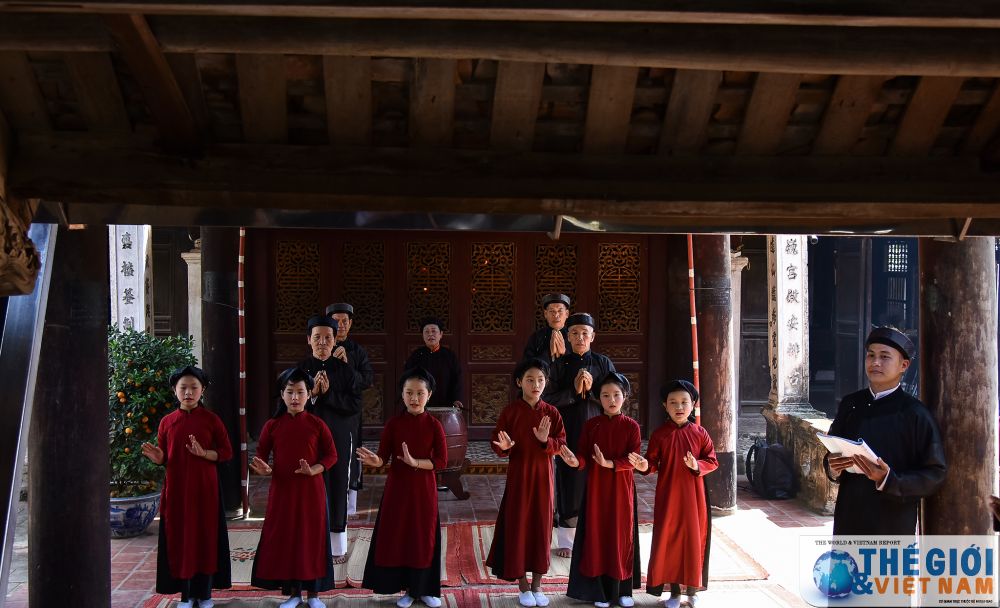
Vietnam looks to promote intangible cultural heritage values through digitalisation
Latest
 |
| Vietnam is home to diverse cultural heritage, with five UNESCO-recognised cultural, two natural and one cultural-natural heritage sites, along with 14 intangible cultural heritage items. |
Vietnam has rolled out measures to speed up the digitalisation of national cultural heritage, aiming to preserve and promote their values.
Last December, a programme to digitalise Vietnam’s cultural heritage in the 2021-2030 period was issued with a view to building a national database on cultural heritage to serve the archiving, management, restoration, exploitation and promotion of the heritage, contributing to boosting sustainable tourism.
Under the programme, in the 2021-2030 period, all tangible and intangible cultural heritage recognised by the UNESCO and at national level are expected to be digitalised.
Meanwhile, all officials involved in the preservation of the heritage will be provided with digital transformation skills.
Digitalisation in the fields of culture and tourism has been implemented continuously with the application of new technologies.
Experts held that the efforts have produced good results, giving the public easier access to the heritage in many ways.
Le Thi Thu Hien, Director of the Cultural Heritage Department under the Ministry of Culture, Sports and Tourism, held that thanks to advanced science and technology, museums in the world have gone beyond the traditional forms by adopting many new forms such as online exhibitions. A number of domestic museums have also followed this trend.
Vice Director of the Museum of National History Nguyen Van Ha said that since 2013, the museum has provided online exhibitions using 3D virtual reality technology.
In September 2019, the museum held a 3D exhibition on national treasures, which was available on the museum's website and Facebook page, drawing a large number of international visitors.
So far, the exhibition has attracted 58,661 visitors, he said.
Minister of Culture, Sports and Tourism Nguyen Van Hung affirmed that Vietnam is home to diverse cultural heritage, with five UNESCO-recognised cultural, two natural and one cultural-natural heritage sites, along with 14 intangible cultural heritage items. Those heritage sites have become top tourist destinations, contributing to building Vietnam's tourism trademark.
He noted that Vietnam has been named the world's Leading Heritage Destination by the World Travel Awards three times, which proves the country's achievements in conserving and promoting its heritage.
Vice Director of the Vietnam National Administration of Tourism Pham Van Thuy highlighted that Vietnam has nearly 8,000 festivals, each of which is closely associated to specific heritage and relic sites in localities. This is a great resource for tourism development, Thuy said, stressing the need to exploit it effectively for the promotion of the cultural industry.
Digitalisation is an important measure to spread the culture and image of the country to international friends, he stressed, stressing that the principle of the tourism sector is ensuring sustainability and promoting heritage values during the development of tourism activities.

















